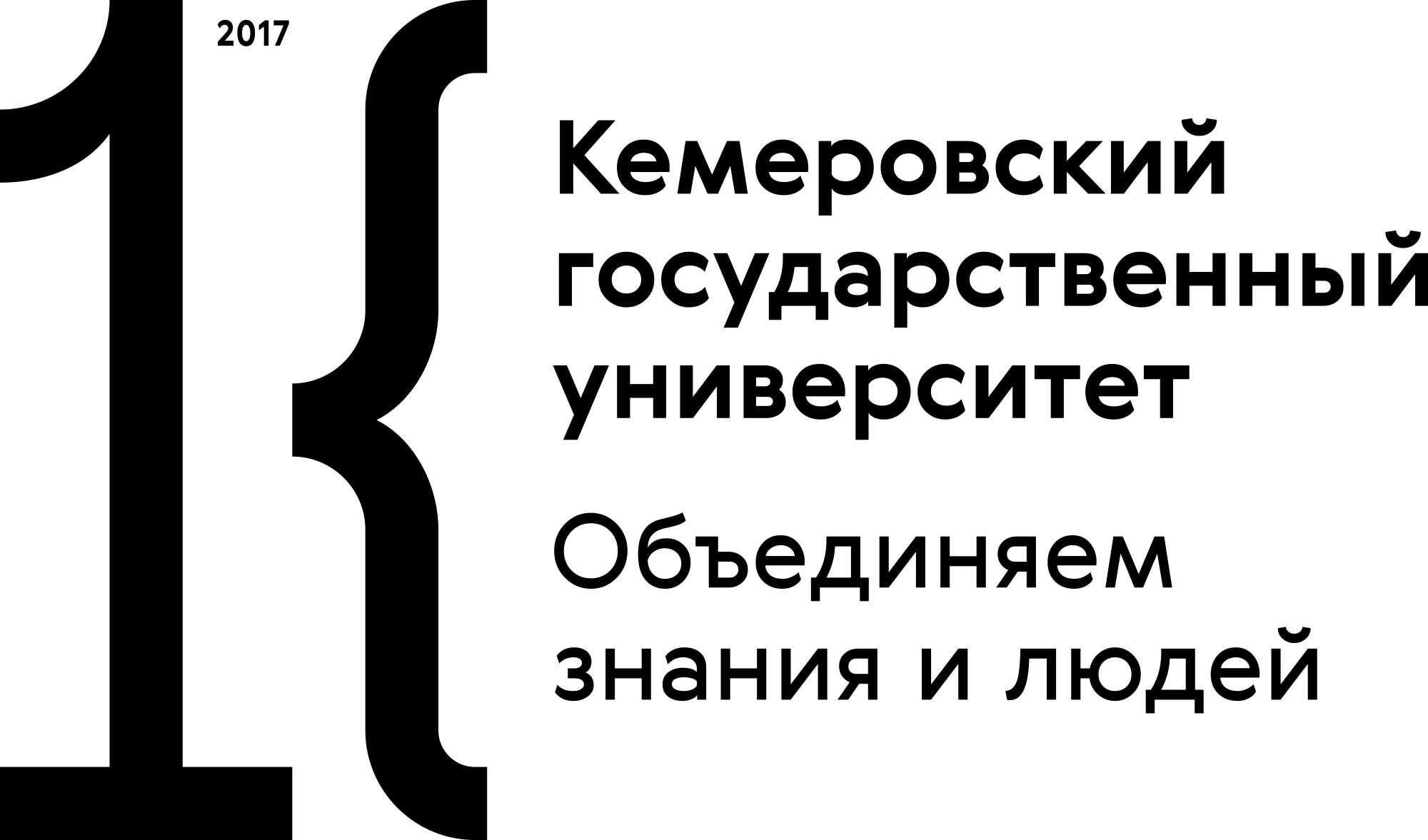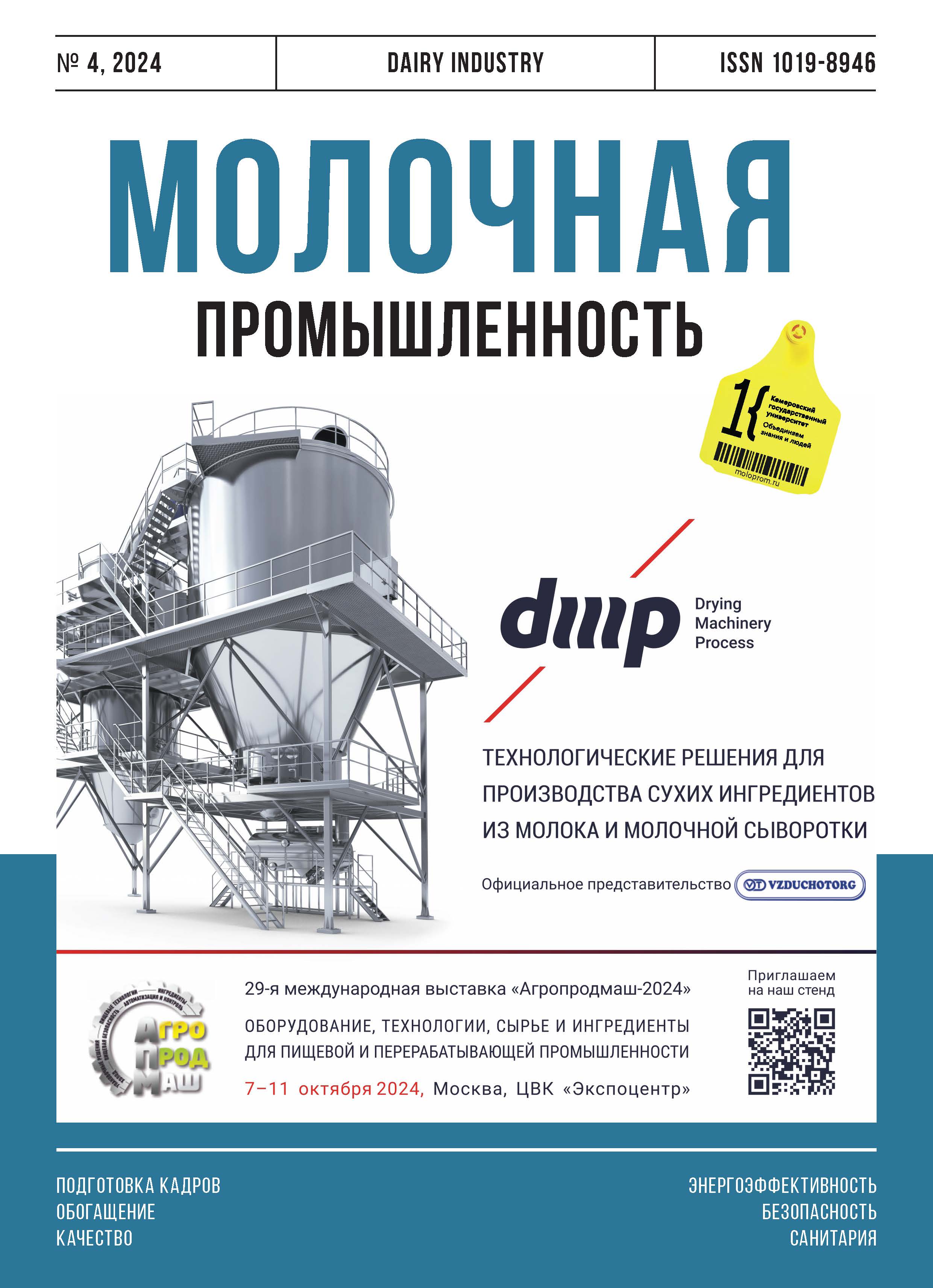from 01.01.2009 until now
Kemerovo, Russian Federation
Kemerovo, Russian Federation
from 01.01.2022 until now
Kemerovo State Medical University
from 01.01.2008 to 01.01.2023
Kemerovo, Kemerovo, Russian Federation
Kemerovo, Kemerovo, Russian Federation
Kemerovo, Russian Federation
Functional products containing natural antioxidants contribute to the improvement of human health indicators, and thus contribute to an increase in life expectancy. Milk is a valuable solubilizer that promotes the dissolution of insoluble substances in a liquid. The paper presents the results of a study under conditions of high-performance liquid chromatography (HPLC) with amperometric detection of antioxidant properties of secondary plant metabolites for the enrichment of dairy products. The objects of the study were biologically active compounds isolated from extracts of callus cultures of plants grown in vitro on liquid nutrient media. The use of HPLC chromatography with an amperometric glass-carbon detector to analyze the antioxidant properties of biologically active substances of plant origin made it possible to identify the following substances from 8 types of individual compounds with a pronounced potential for biological activity: rutin, rosemary acid from Pulmonaria officinalis, trans-cinnamic acid from Scutellaria baicalensis, rutin from Filipéndula ulmária. These compounds are able to effectively inhibit free radical processes in dairy products. The use of high-performance liquid chromatography with amperometric detection can be used as a criterion for evaluating the antioxidant properties of biologically active substances isolated from extracts of callus cultures.
dairy products; callus cultures; antioxidant activity; highly effective chromatography; biologically active substances
1. Ullah, H. Natural Polyphenols for the Preservation of Meat and Dairy Products / H. Ullah [et al.] // Molecules. 2022. Vol. 27(6). P. 1906. https://doi.org/10.3390/molecules27061906
2. Cerdá-Bernad, D. Microencapsulated saffron floral waste extracts as functional ingredients for antioxidant fortification of yogurt: Stability during the storage / Débora Cerdá-Bernad [et al.] // LWT. 2023. Vol. 184. P. 114976. https://doi.org/10.1016/j.lwt.2023.114976.
3. Luo, Y. Flavanols from Nature: A Phytochemistry and Biological Activity Review lecules / Yu Luo [et al.] // Molecules. 2022. Vol. 27(3). P. 719. https://doi.org/10.3390/molecules27030719
4. Zahrani, A. J. Viability of probiotics and antioxidant activity of soy and almond milk fermented with selected strains of probiotic Lactobacillus spp. / A. J. Zahrani [et al.] // LWT. 2023. Vol. 176. 114531. https://doi.org/10.1016/j.lwt.2023.114531
5. Park, H. Antioxidant and antigenotoxic effect of dairy products supplemented with red ginseng extract / H. Park [et al.] // Journal of Dairy Science. 2018. Vol. 101. Iss. 10. P. 8702–8710 https://doi.org/10.3168/jds.2018-14690
6. Avila-Nava, A. Supplementation with antioxidants and phenolic compounds in ruminant feeding and its effect on dairy products: a systematic review / A. Avila-Nava [et al.] // The Journal of dairy research. 2023. Vol. 90 (3). P. 216–226. https://doi.org/10.1017/S0022029923000511
7. Manzoor, A. Plant-derived active substances incorporated as antioxidant, antibacterial or antifungal components in coatings/films for food packaging applications / A. Manzoor [et al.] // Food Bioscience. 2023. Vol 53. 102717. https://doi.org/10.1016/j.fbio.2023.102717
8. Adinepour, F. Fortification/enrichment of milk and dairy products by encapsulated bioactive ingredients. / F. Adinepour [et al.] // Food Research International. 2022. Vol. 157. 111212. https://doi.org/10.1016/j.foodres.2022.111212
9. Dinda, B. Therapeutic potentials of baicalin and its aglycone, baicalein against inflammatory disorders / B. Dinda [et al.] // European journal of medicinal chemistry. 2017. Vol. 131. P 68–80. https://doi.org/10.1016/j.ejmech.2017.03.004
10. Baygildieva, D. I. Simultaneous Determination of Wogonin, Scutellarin, Baicalin, and Baicalein in Extracts from Scutellariae Baicalensis by High-Performance Liquid Chromatography with Tandem Mass Spectrometry / D. I. Baygildieva [et al.] // Journal Analitical Chemistry. 2018. Vol. 73. P. 1317–1322. https://doi.org/10.1134/S1061934818140022
11. Le, V. Isolation of the main biologically active substances and phytochemical analysis of ginkgo biloba callus culture extracts / V. Le [et al.] // Molecules. 2023. Vol. 28. № 4. P. 1560. http://doi.org/10.3390/molecules28041560
12. Le, V. Effects of rutin produced by Filipendula ulmaria callus cultures on the lifespan and stress resistance in Caenorhabditis elegans. / V. Le [et al.] // Caspian Journal of Environmental Science. 2023. http://doi.org/10.22124/CJES.2023.7316
13. Milentyeva, I. S. Biologically active compounds in Scutellaria baicalensis L. Callus extract: phytochemical analysis and isolation/ I. S. Milentyeva [et al.] // Foods and raw materials. 2023. Vol. 11(1). P. 172–186. http://doi.org/10.21603/2308-4057-2023-1-564
14. Murashige, T. A. Revised Medium for Rapid Growth and Bio Assays with Tobacco Tissue Culture / T. Murashige, F. Scoog // Physiology Plantarum. 1962. № 15. R. 473–497
15. Gamborg, O. L. Nutrient requirements of suspension cultures of soybean root cells / O. L. Gamborg, R. A. Miller, O. Ojima // Experimental cell research. 1968. № 50 (1). P. 151–158. https://doi.org/10.1016/0014-4827(68)90403-5
16. Bijttebier, S. A. First Step in the Quest for the Active Constituents in Filipendula ulmaria (Meadowsweet): Comprehensive Phytochemical Identification by Liquid Chromatography Coupled to Quadrupole-Orbitrap Mass Spectrometry / S. Bijttebier [et al.] // Planta Medica 2016. № 82 (6). R. 559–72. https://doi.org/10.1055/s-0042-101943.
17. Savina, T. Variation in Phenolic Compounds, Antioxidant and Antibacterial Activities of Extracts from Different Plant Organs of Meadowsweet (Filipendula ulmaria (L.) Maxim.) /T. Savina [et al.] // Molecules. 2023. Vol. 28(8). P. 3512. https://doi.org/10.3390/molecules28083512







